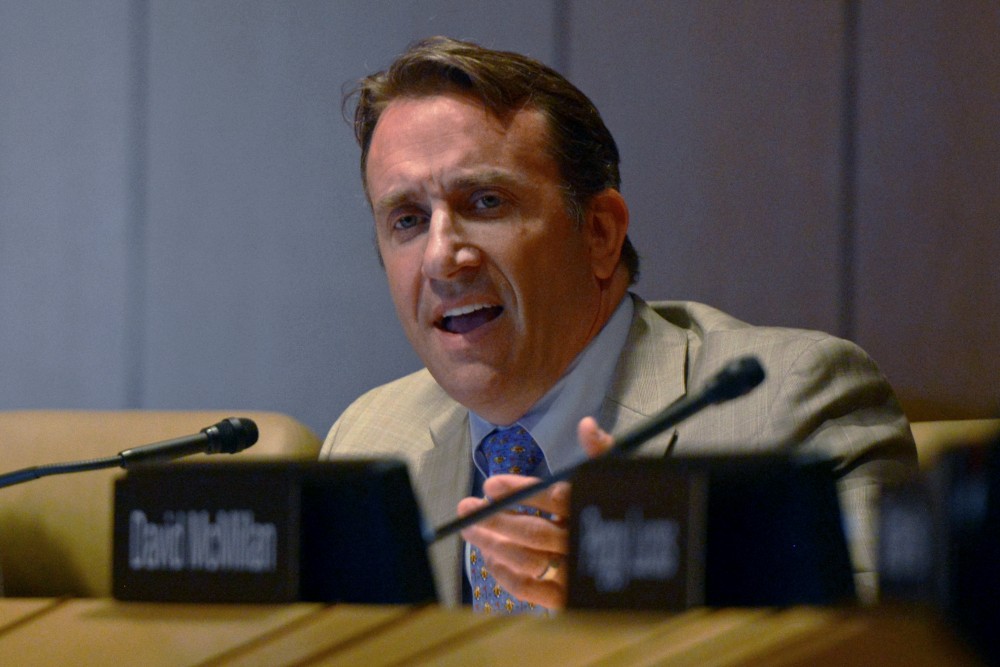University of Minnesota officials are set to release the first system-wide strategic plan for the school, which could positively affect state funding at the next legislative session, regents and lawmakers say.
The impending plan, which will be discussed at next week’s Board of Regents meeting, will act as a financial framework for academic and state priorities. Officials say having this concrete strategy might help lawmakers understand a tangible need for upcoming biennial budget requests.
“The strategic plan is important in that it shows where we want the U to be in five years,” University Regent and former Minnesota Speaker of the House Steve Sviggum said.
In recent years, the University has failed to receive all the budget it requested of the state. In 2017’s session, the University received less than 38 percent of its original request.
This failure is due in part to a miscommunication between lawmakers and University officials regarding what the school’s needs are, Rep. Gene Pelowski, DFL-Winona, said.
“The U’s biggest problem is that they present budgets that are wants and they can’t articulate a need,” Pelowski said. “No one is going to throw money at anything. We need to understand a consequence.”
Sviggum said the plan can communicate the school’s need for state funding by illustrating freshman retention, graduation times and postgraduate employment rates.
“Our job is to make the argument and show through performance, earning increased state allocations,” he said.
Last session, the University requested $10 million of the state’s budget surplus. After the funding wasn’t included in the Legislature’s omnibus bill, the regents voted to raise undergraduate resident tuition on the Twin Cities campus by 2 percent and Morris campus by 1 percent this academic year.
Because the University could not directly communicate where the supplemental funding would go, lawmakers were hesitant to grant the request, Regent Darrin Rosha said.
“Last session, the Legislature really wanted to see a case about driving down resident tuition; they wanted to know if that would happen with the money,” Rosha said.
If the University can clearly express where the funding it receives is allocated, lawmakers might see the request as more of a priority, said Chair of the House higher education committee Rep. Bud Nornes, R-Fergus Falls.
“I think the strategic plan will show a need,” Nornes said. “Asking for a blanket number of dollars is different than when you’ve got a plan. I think a plan will be a very positive thing that our members of the committee will think [of as] proof … that whatever the University is asking for is needed and legitimate.”
Rosha said the strategic plan is on track for completion, and the board plans to move forward in coming months.
“We’ve made real progress,” he said.
Correction: A previous version of this article misstated the tuition raise in the Morris campus, and misstated the 2017’s budget allocation. The regents voted to raise undergraduate resident tuition on the Twin Cities campus by 2 percent and Morris campus by one percent this academic year, and the University received less than 38 percent of its original request.














